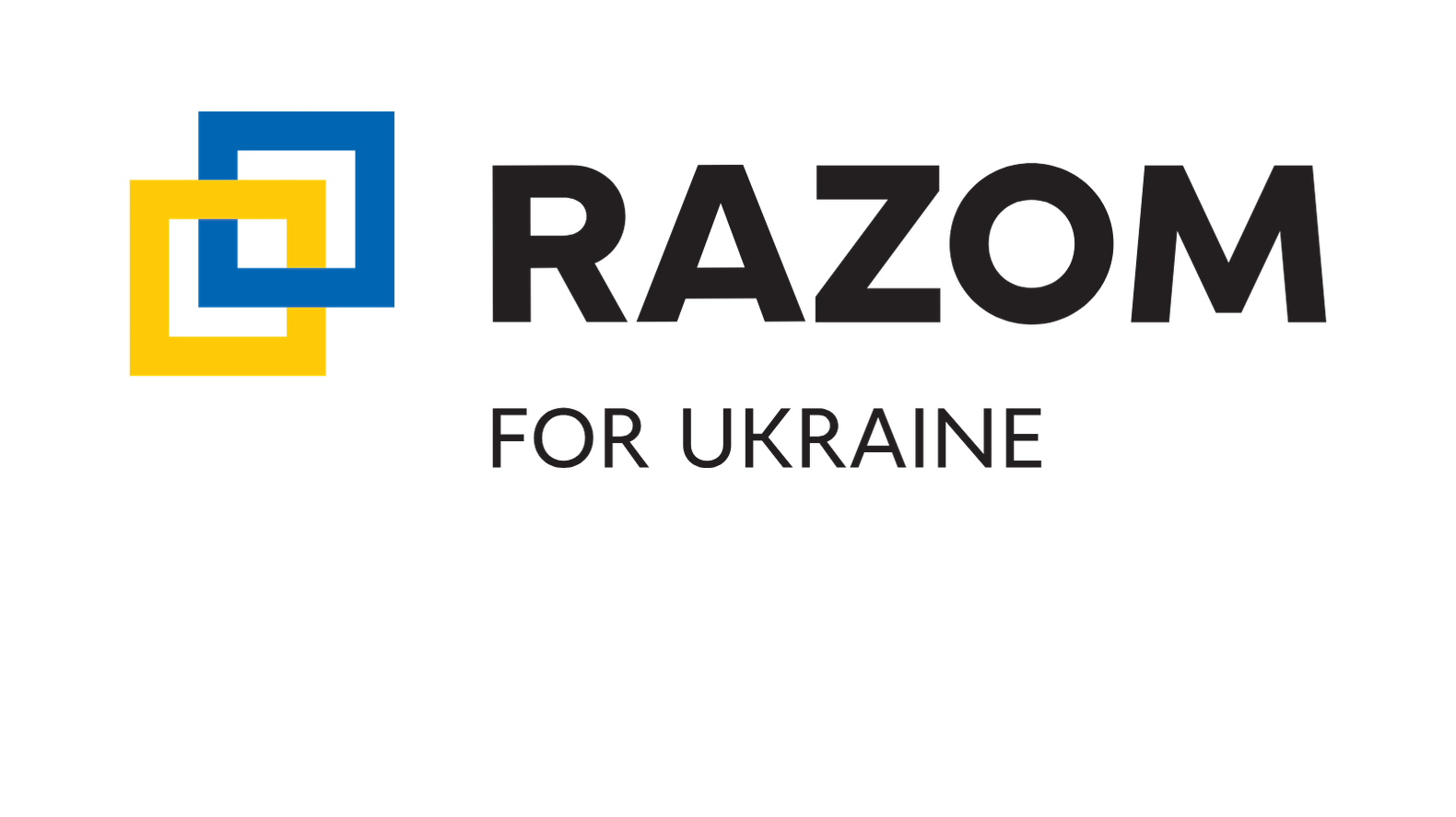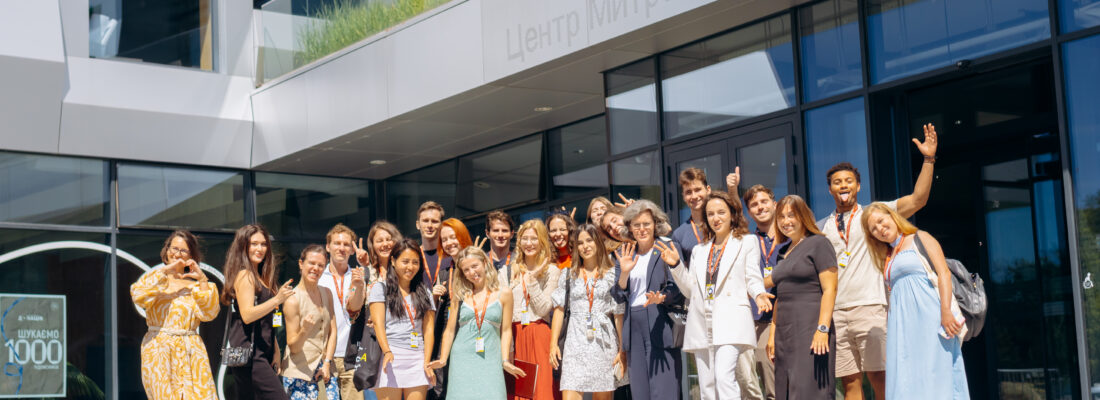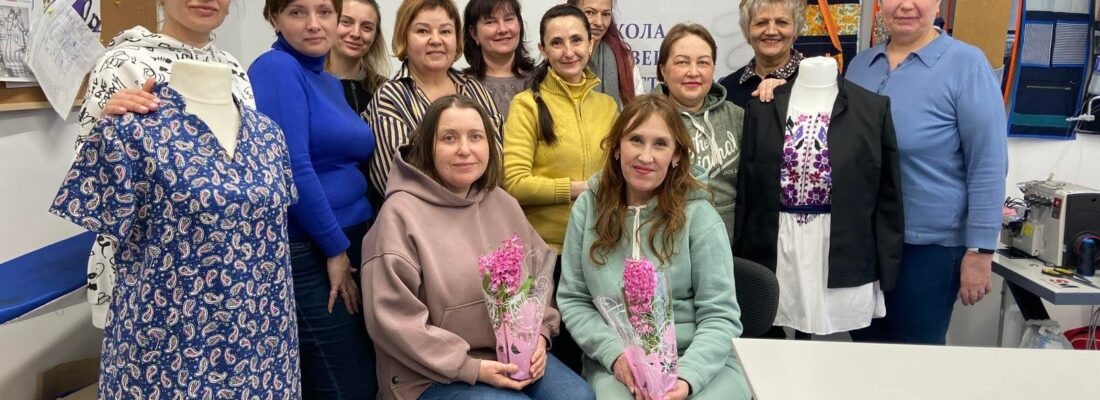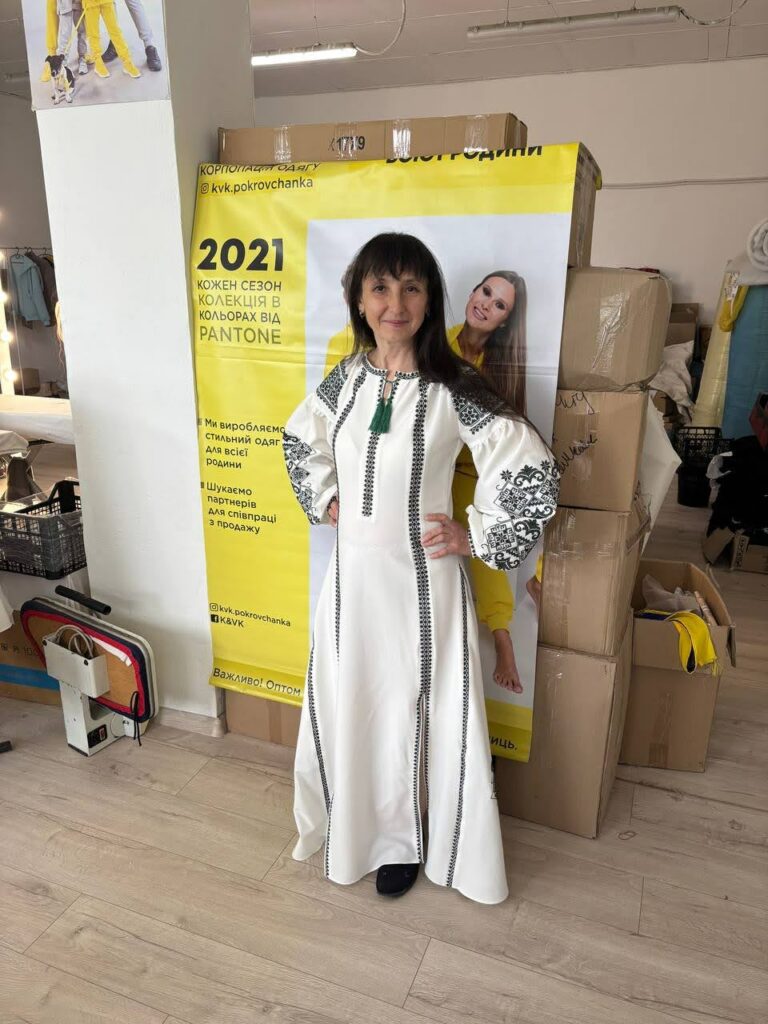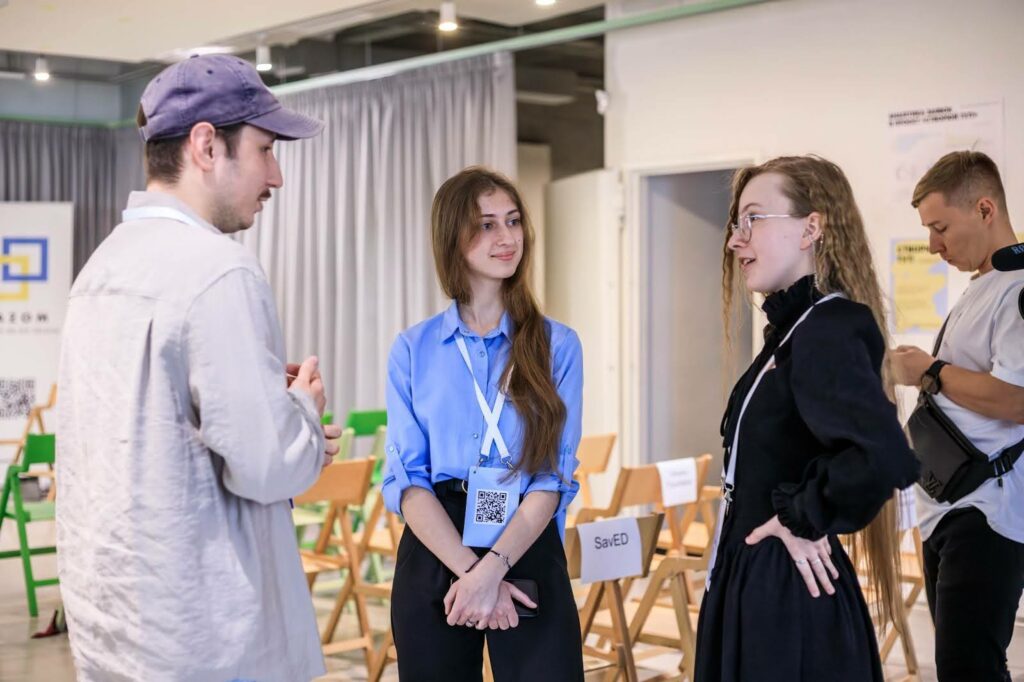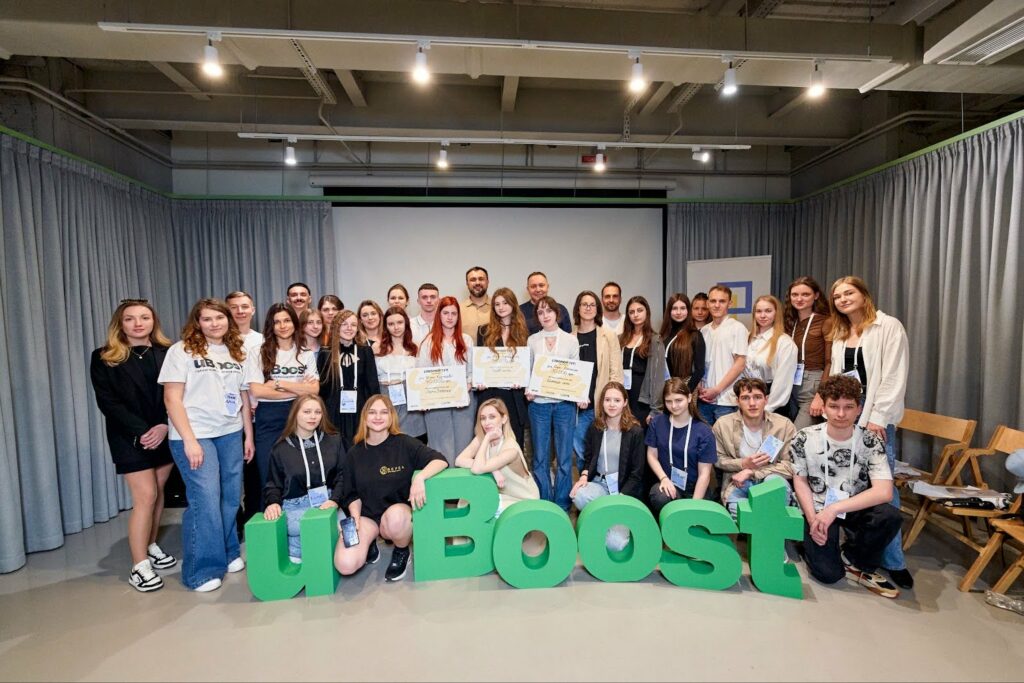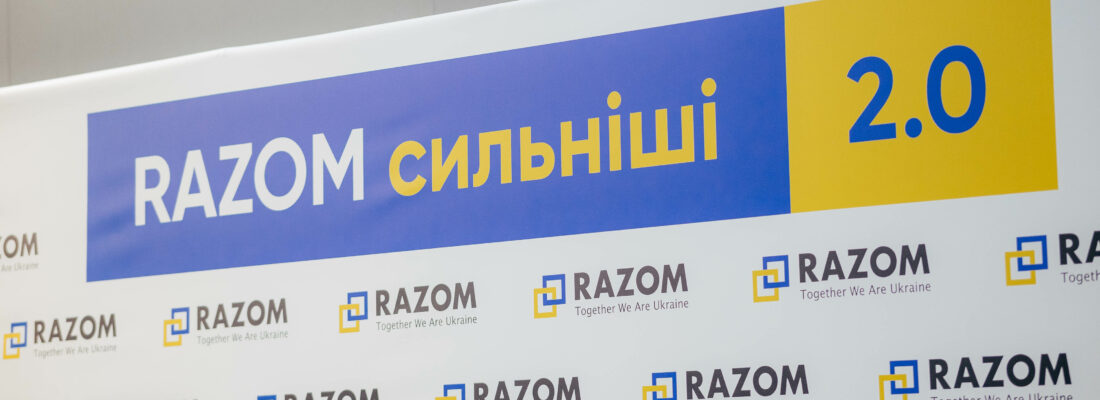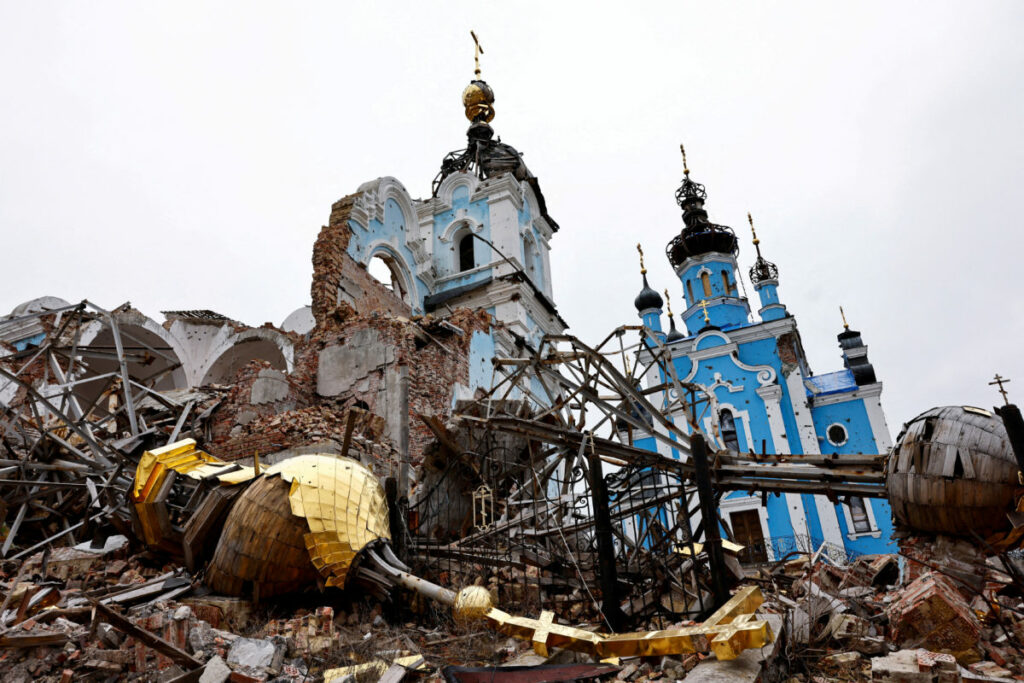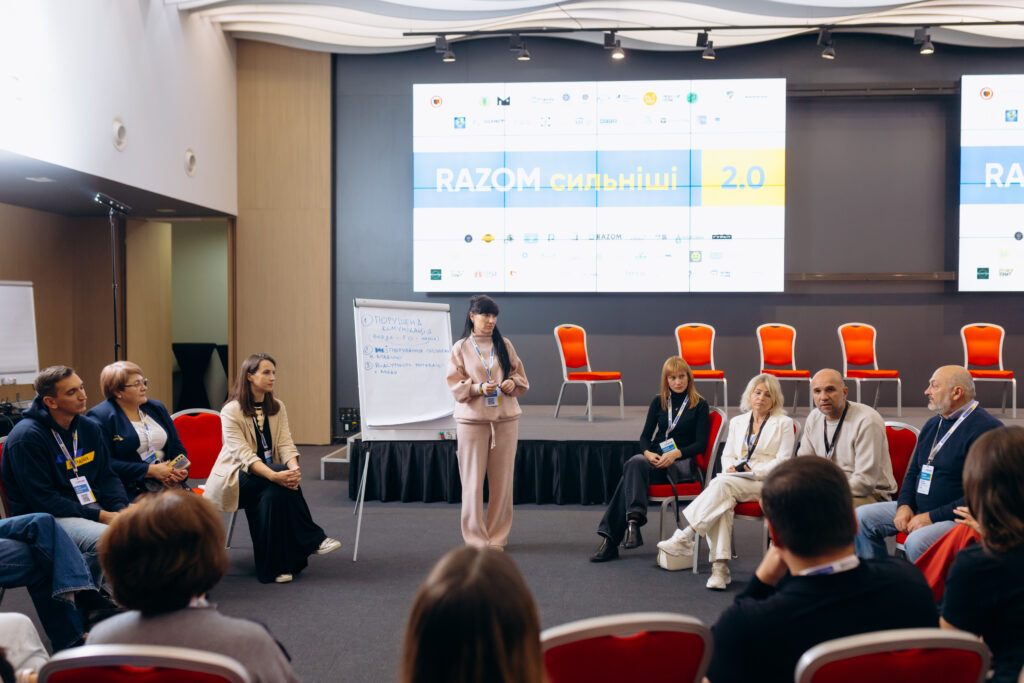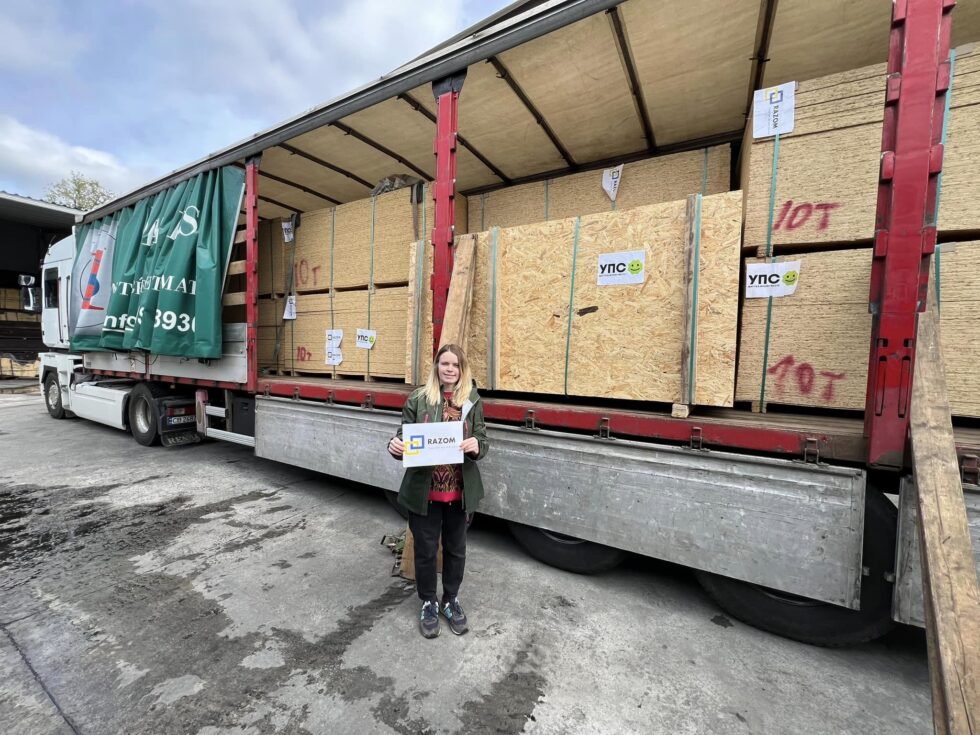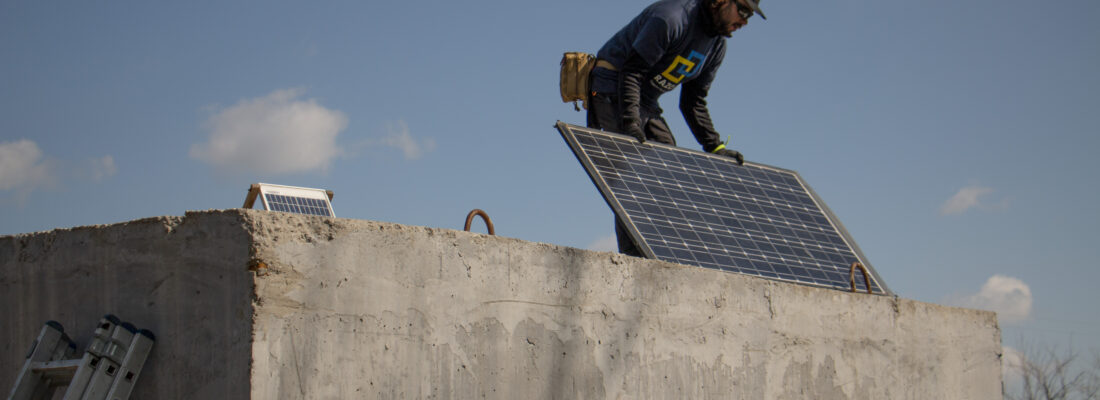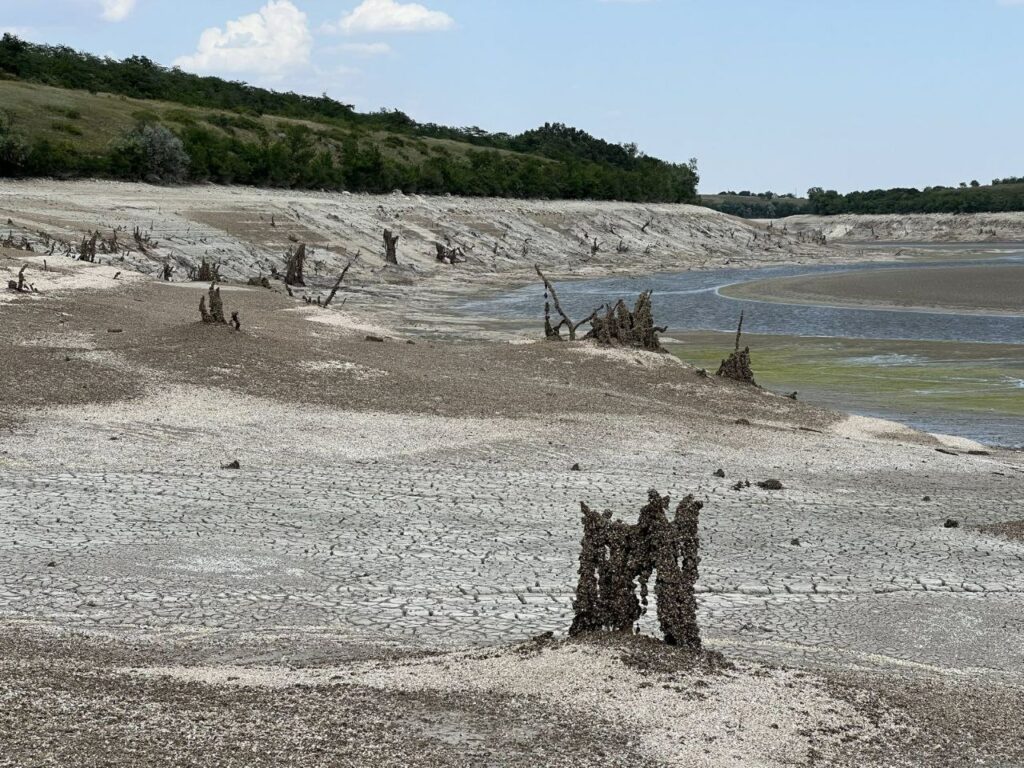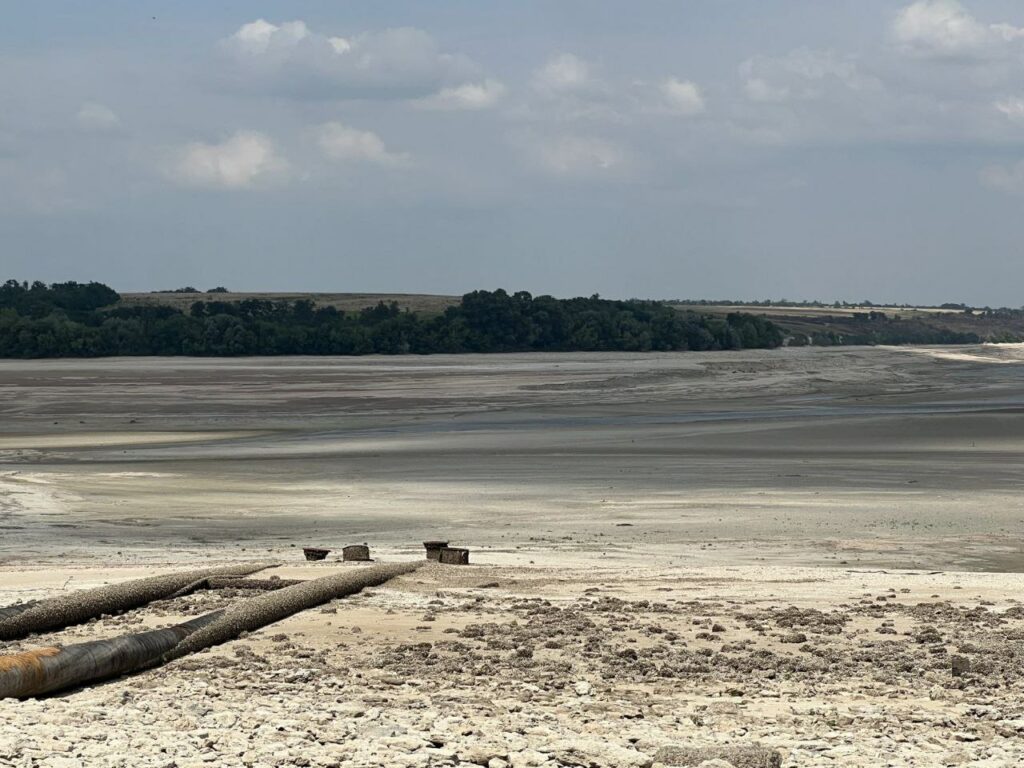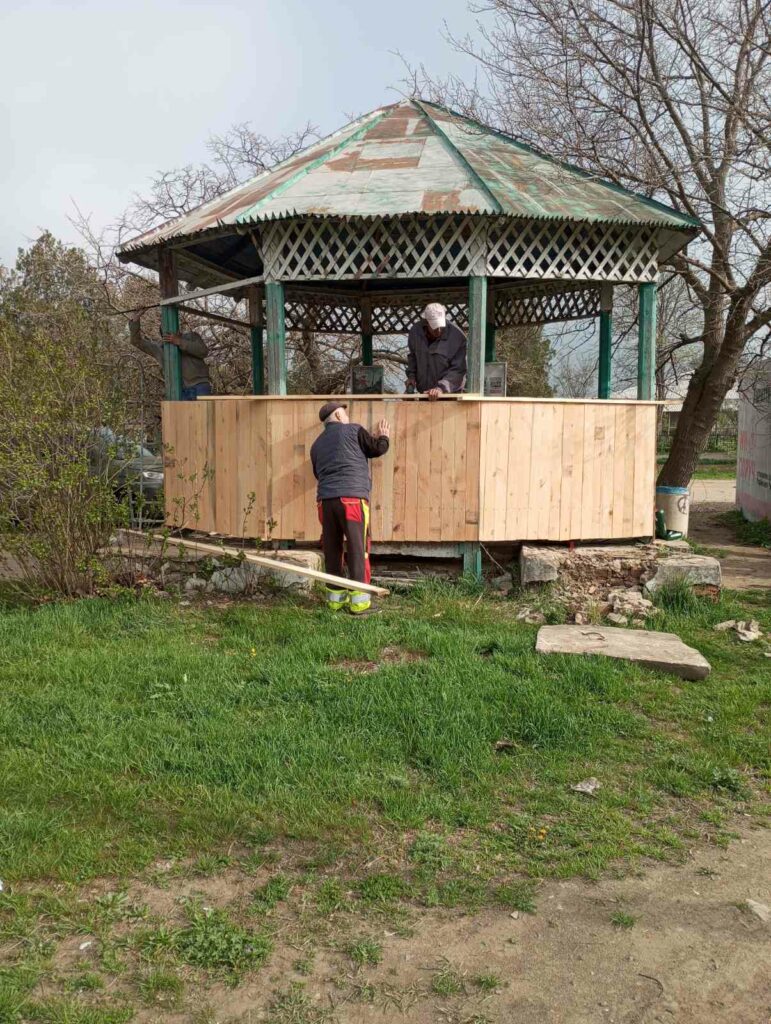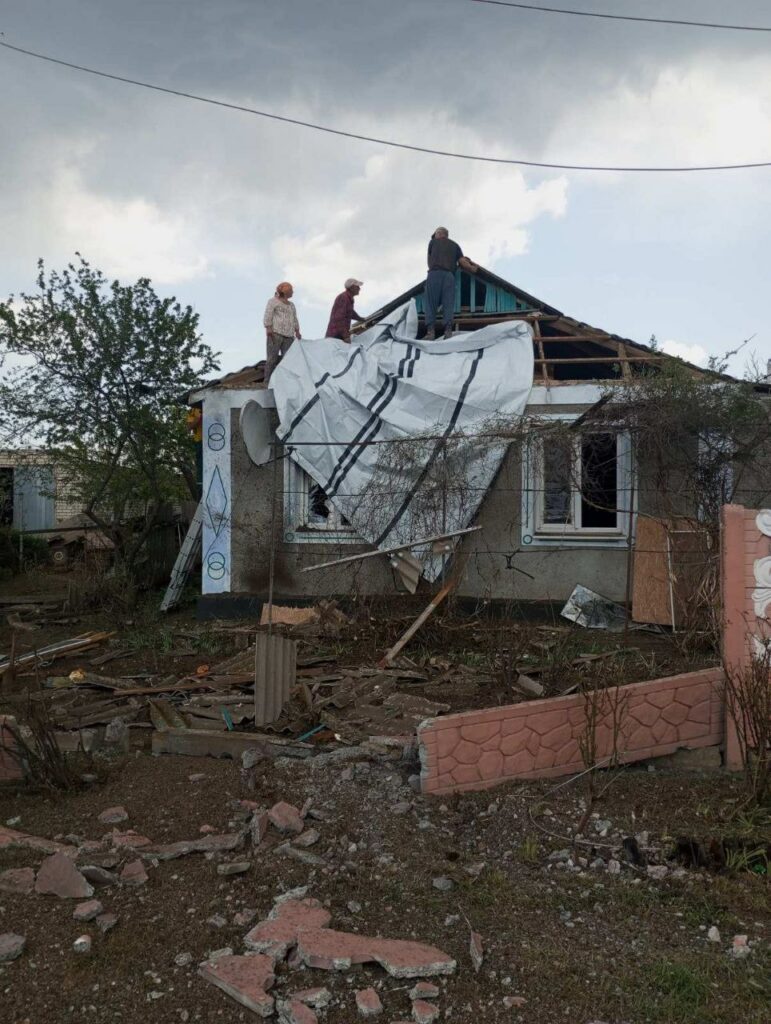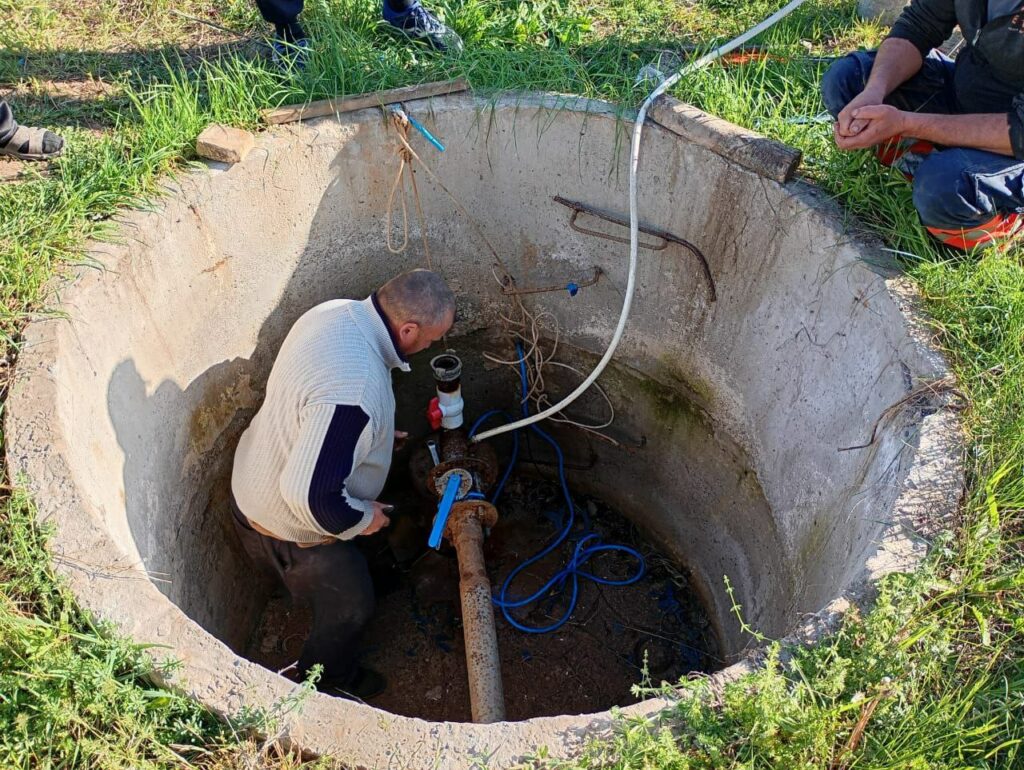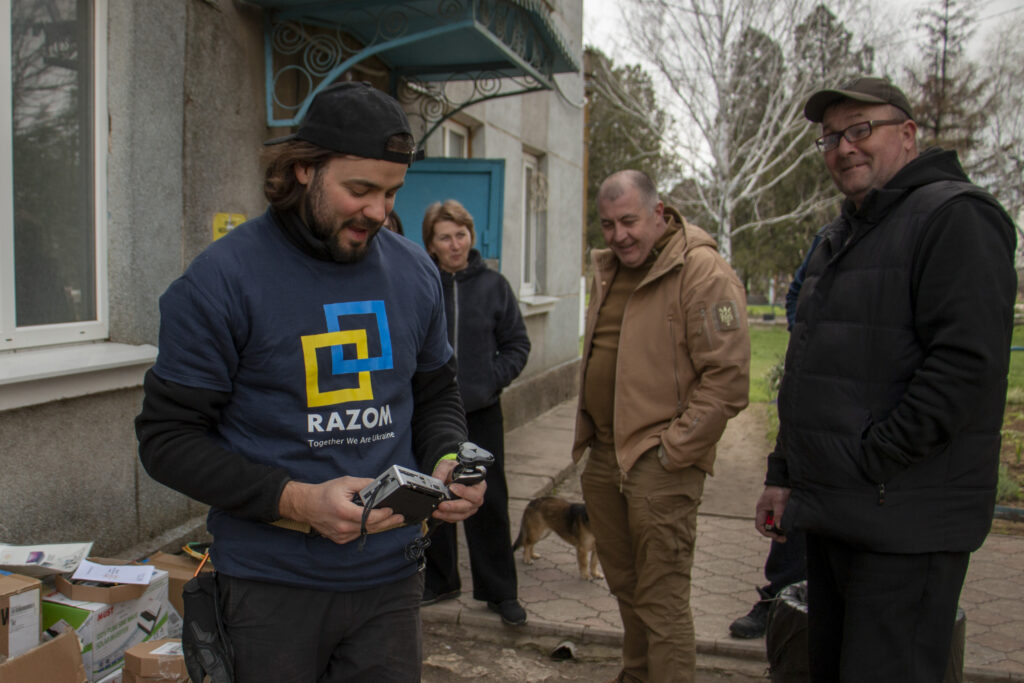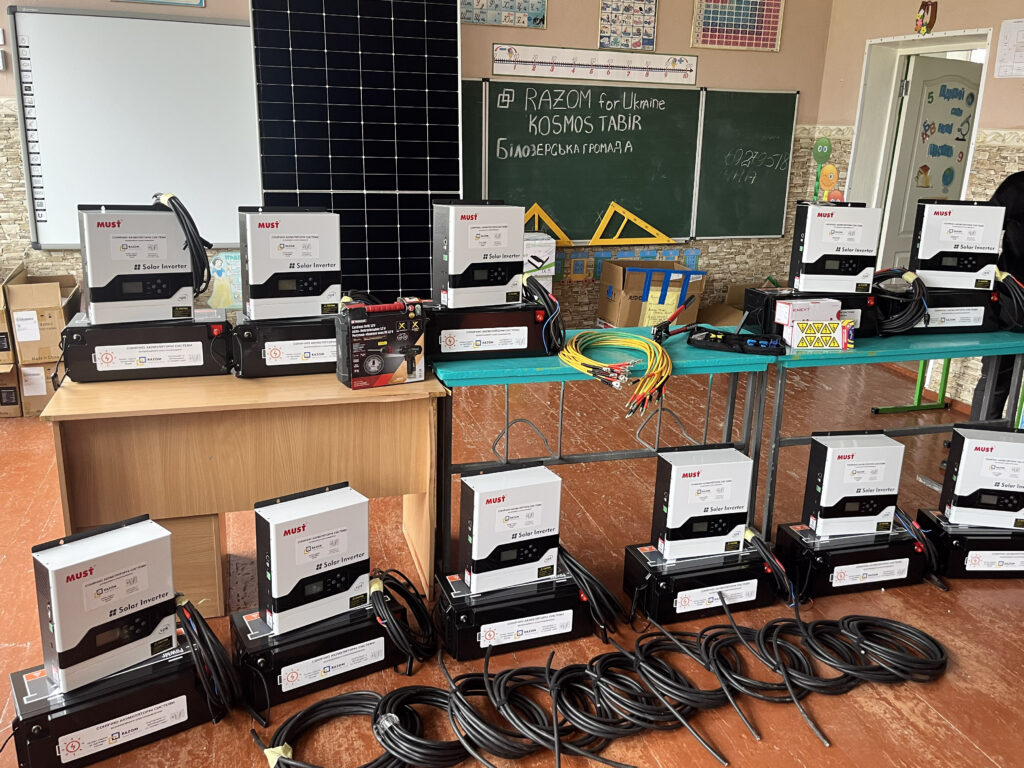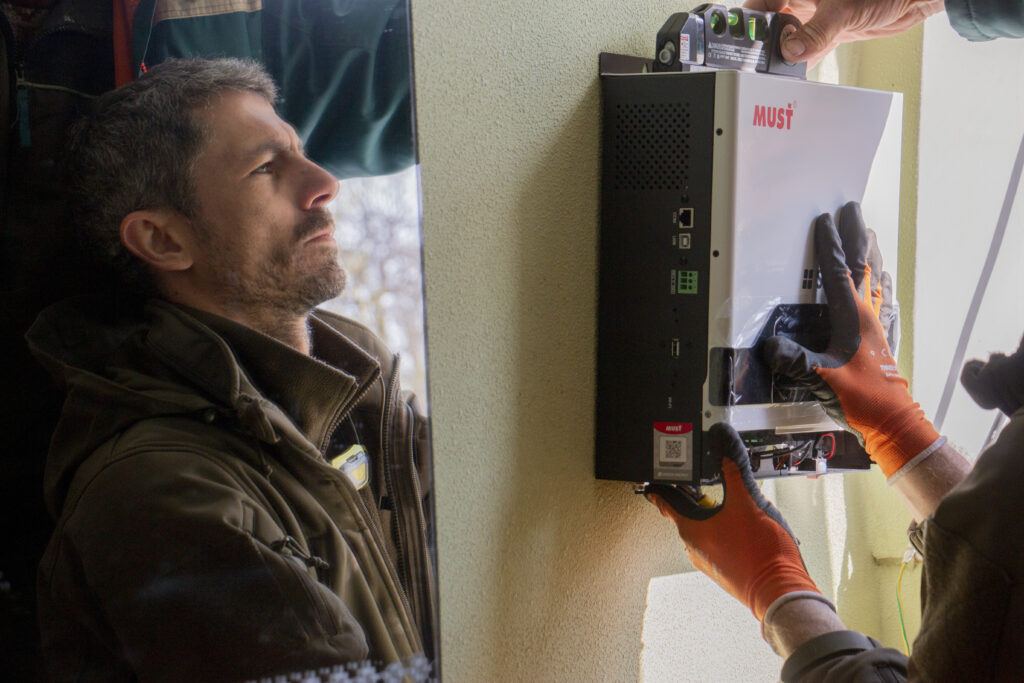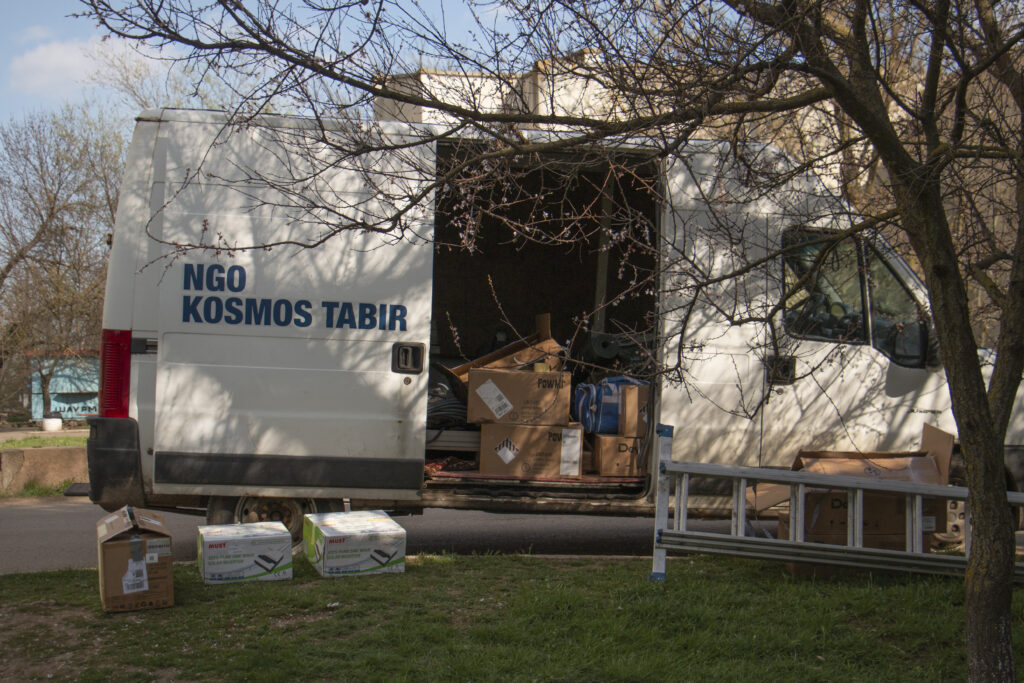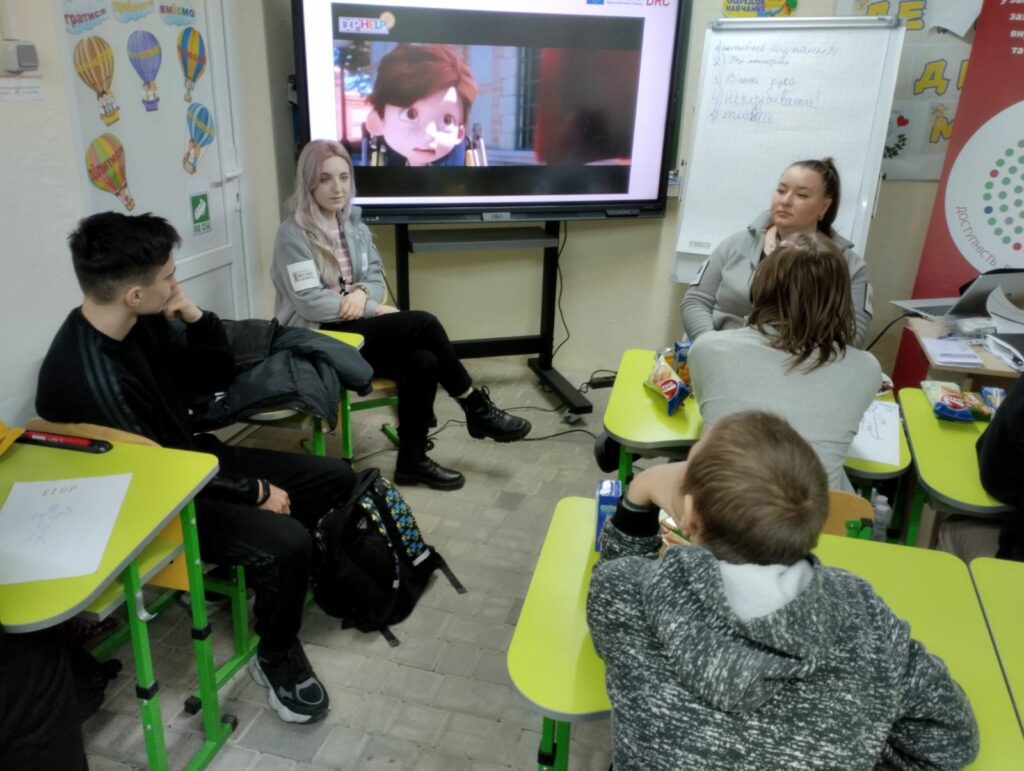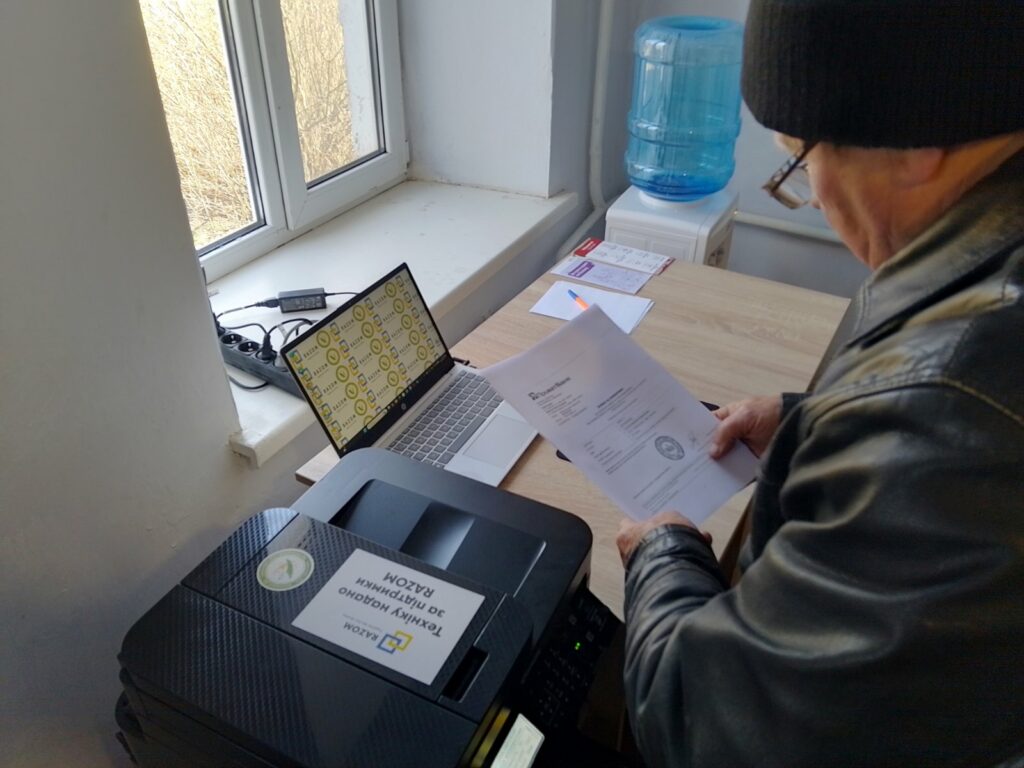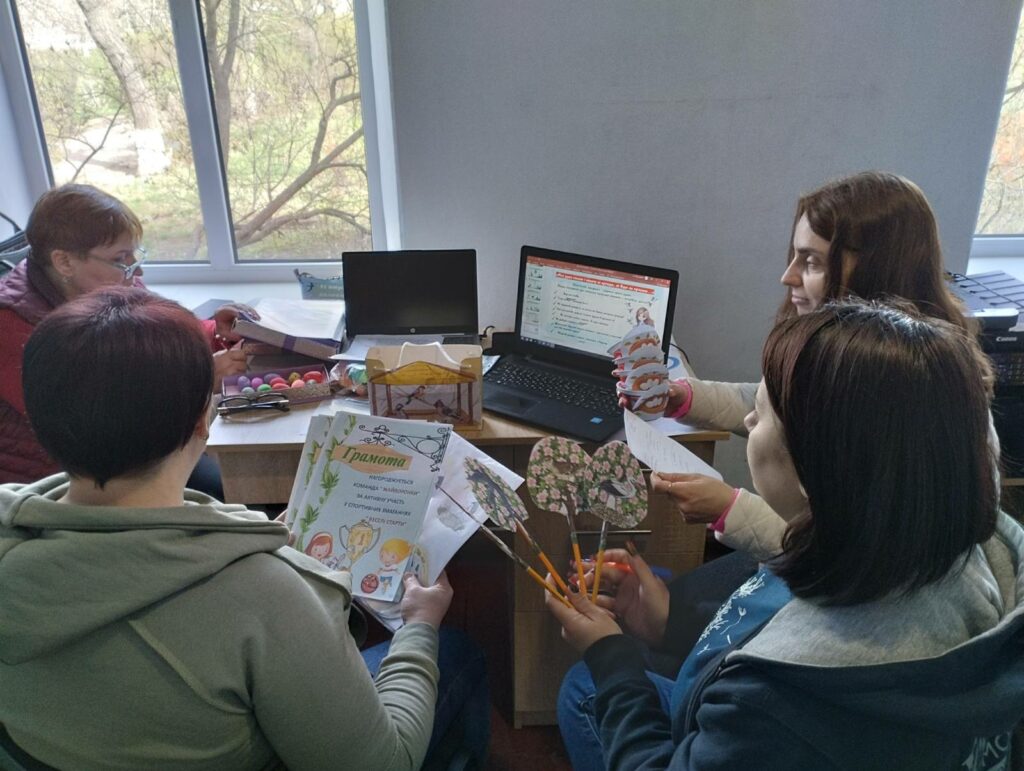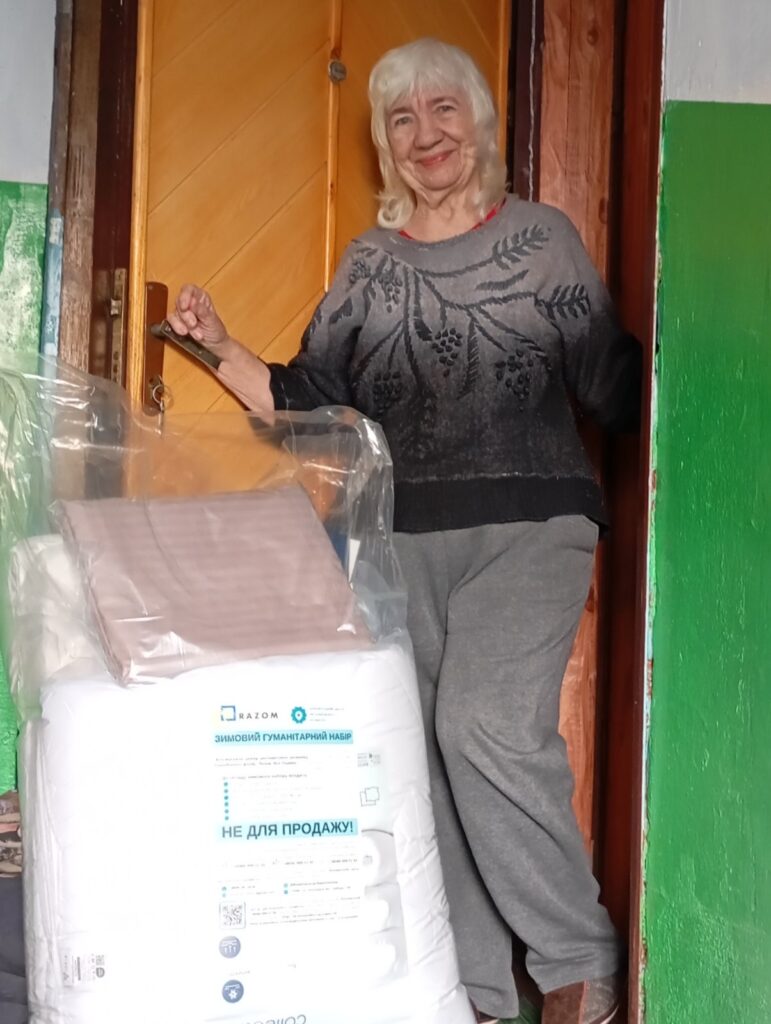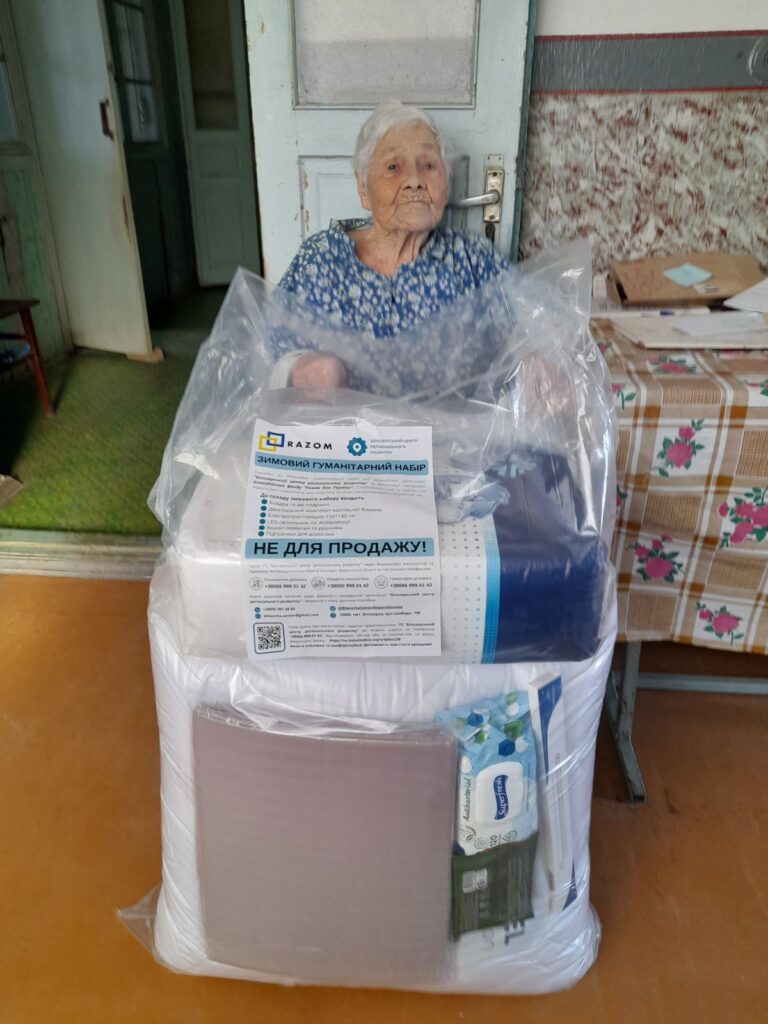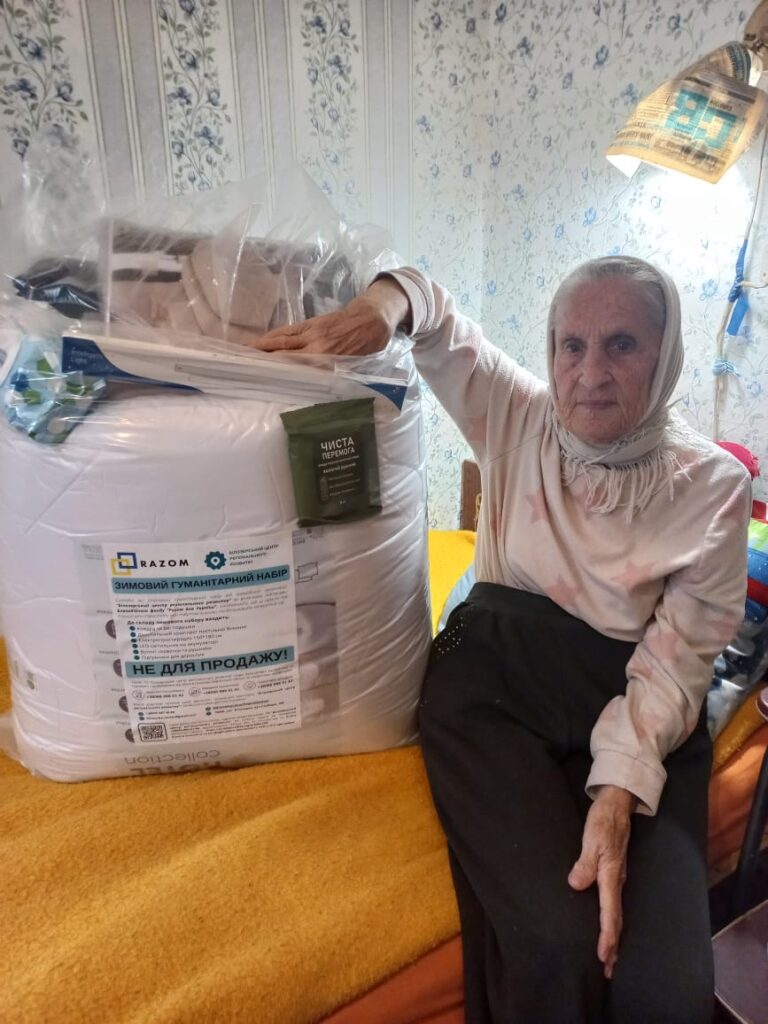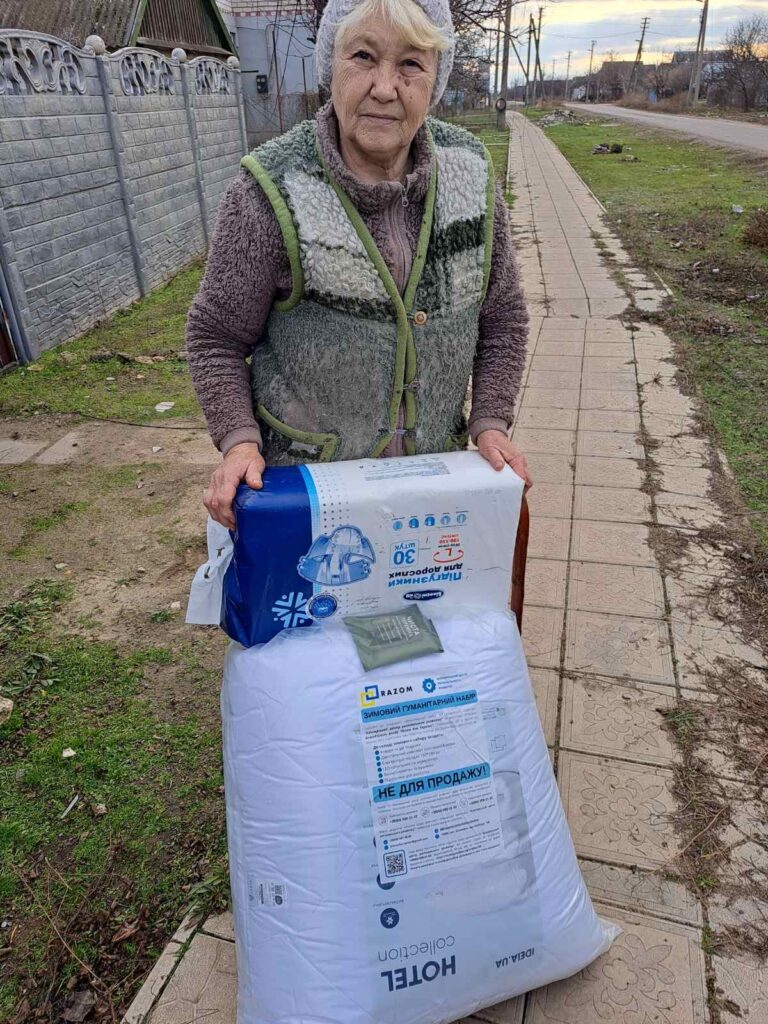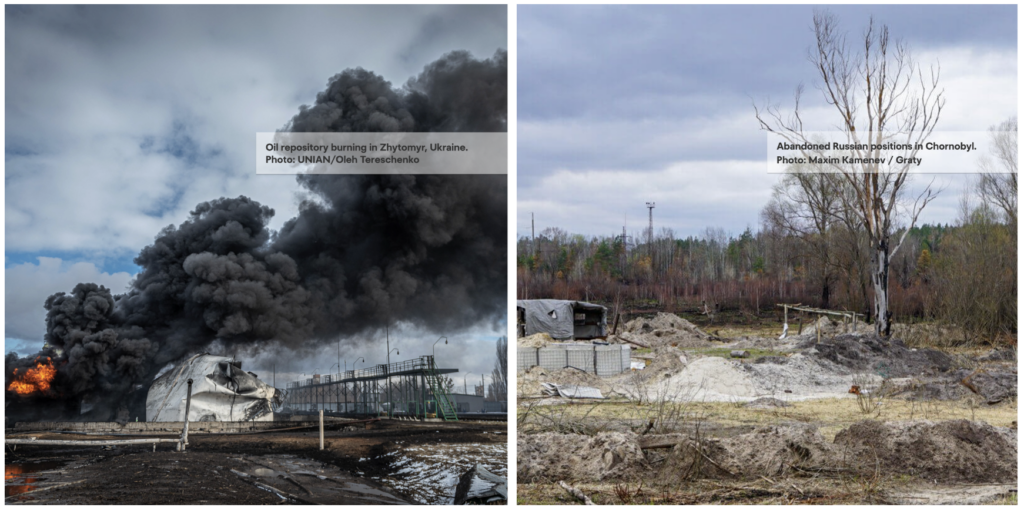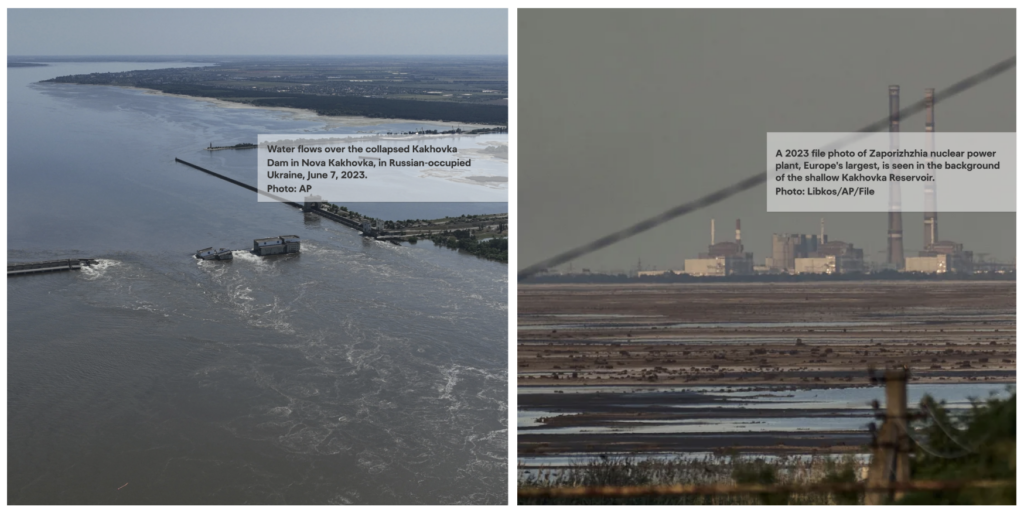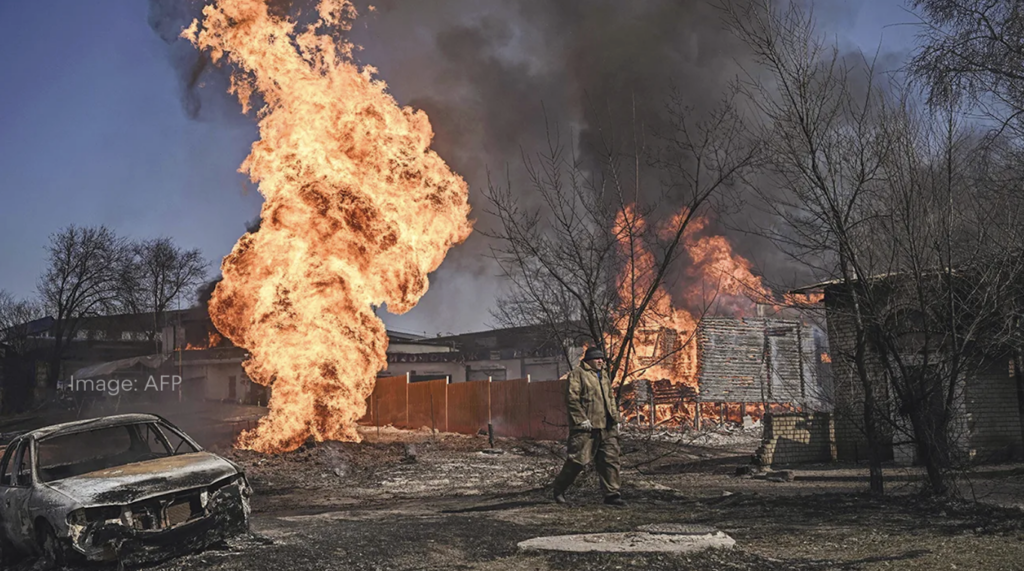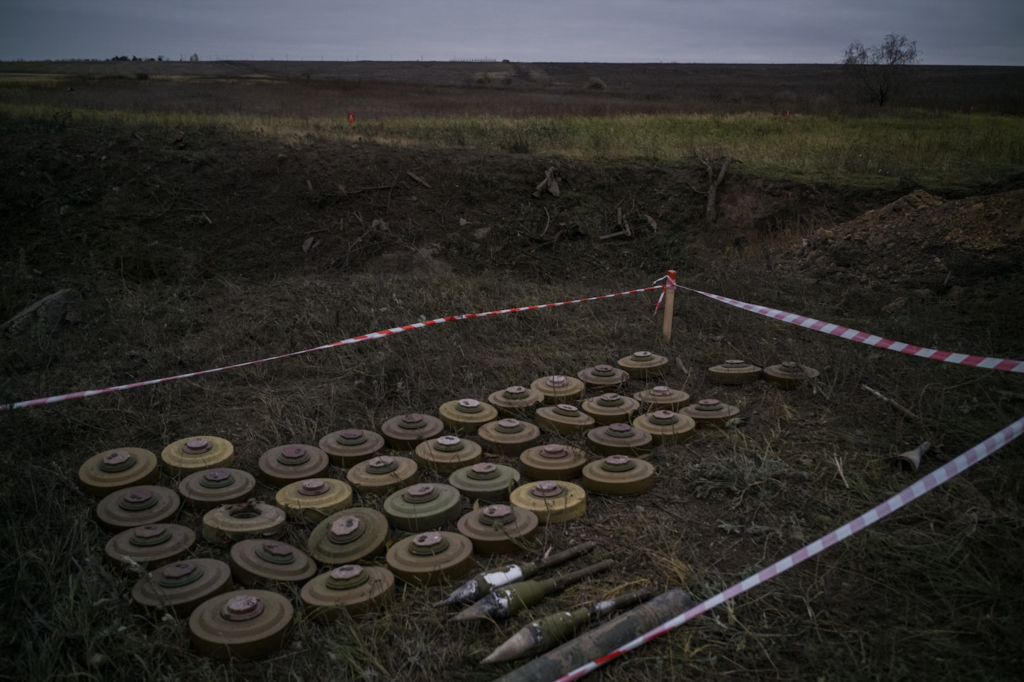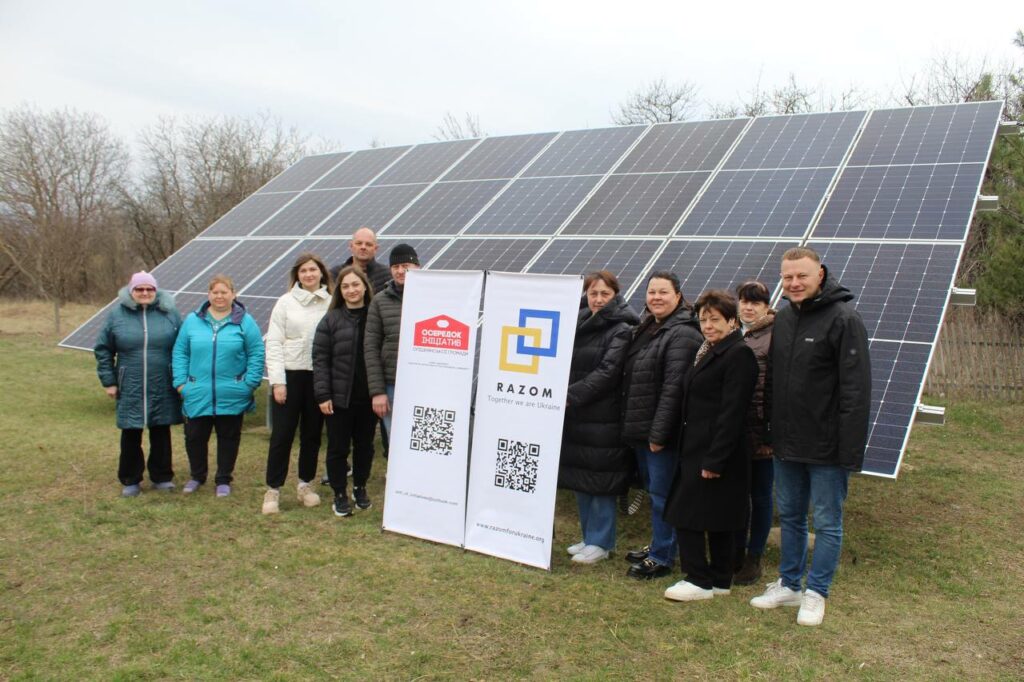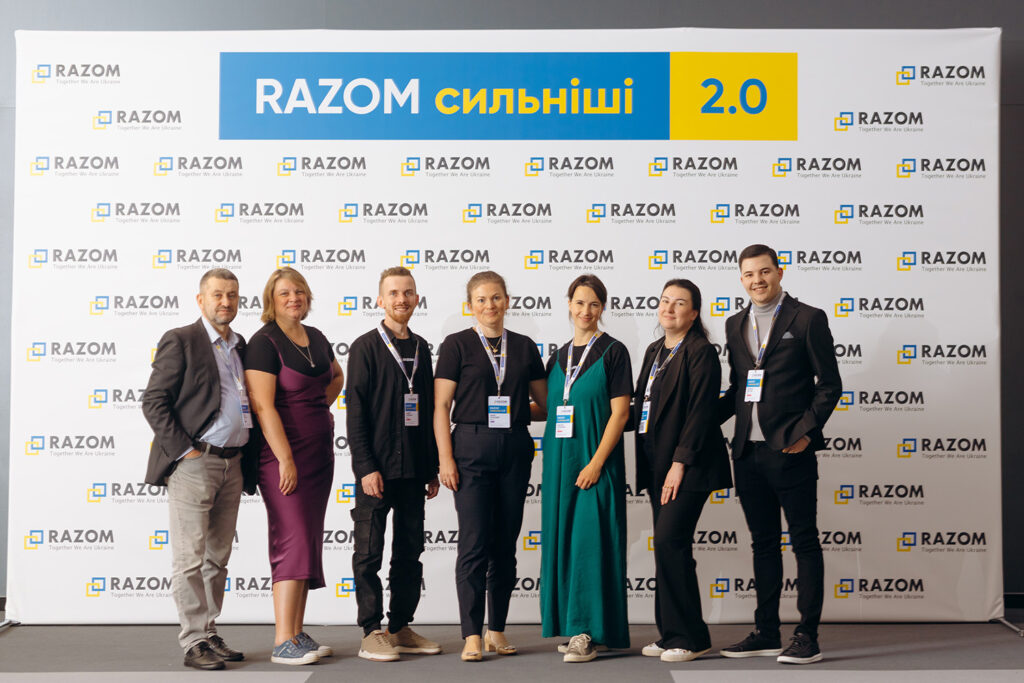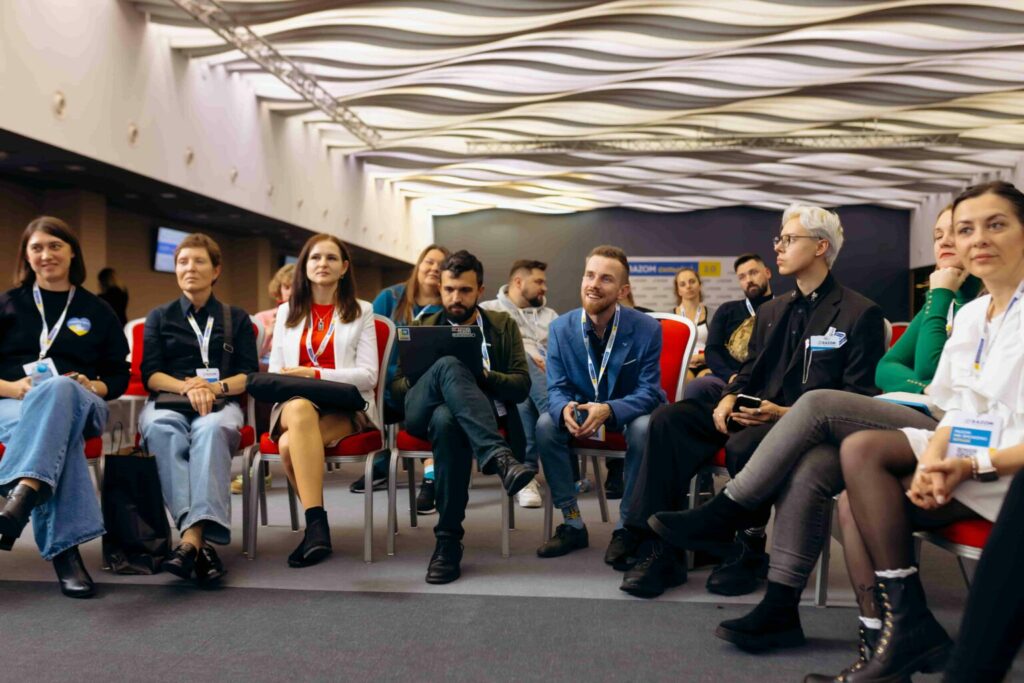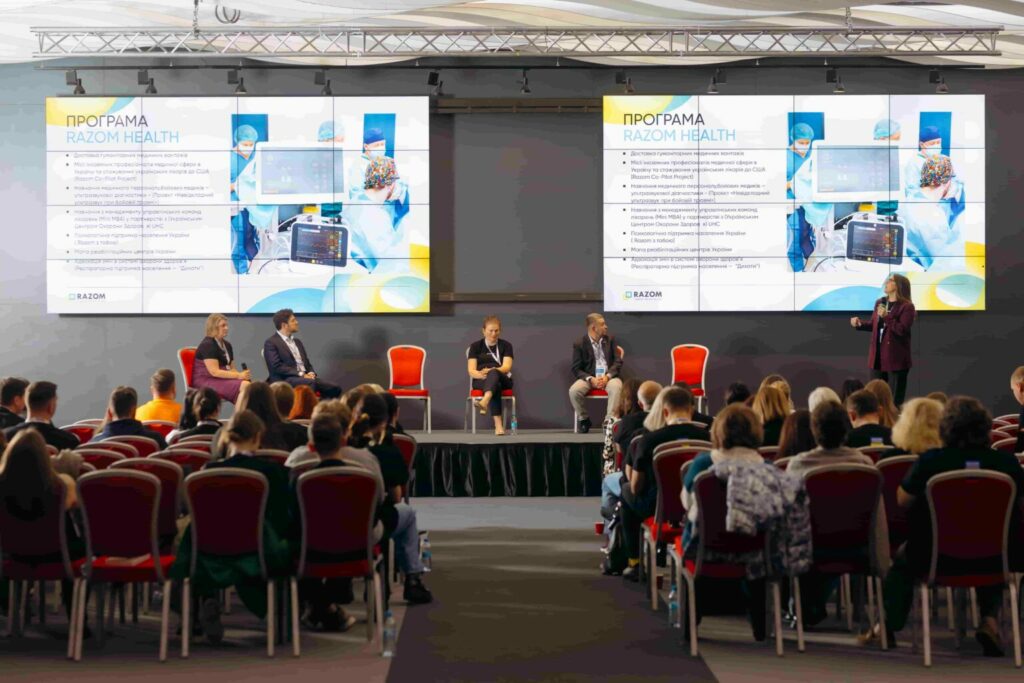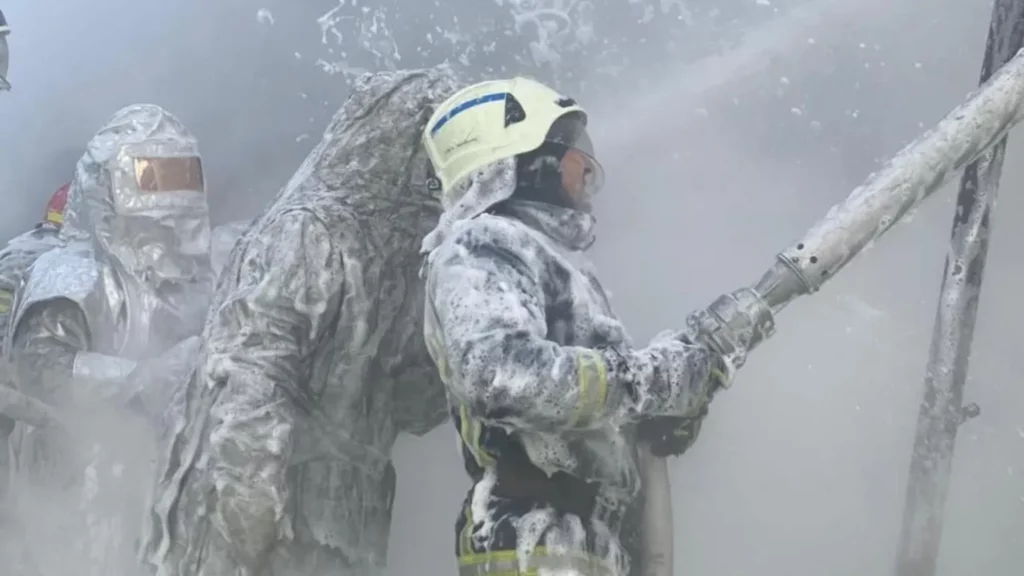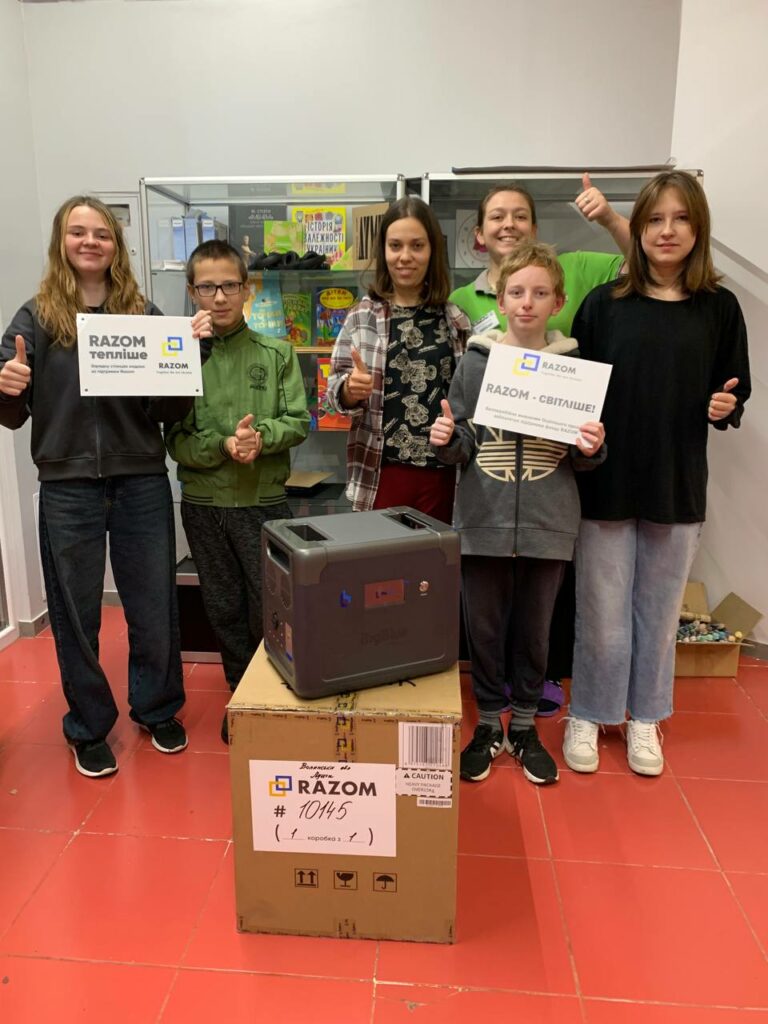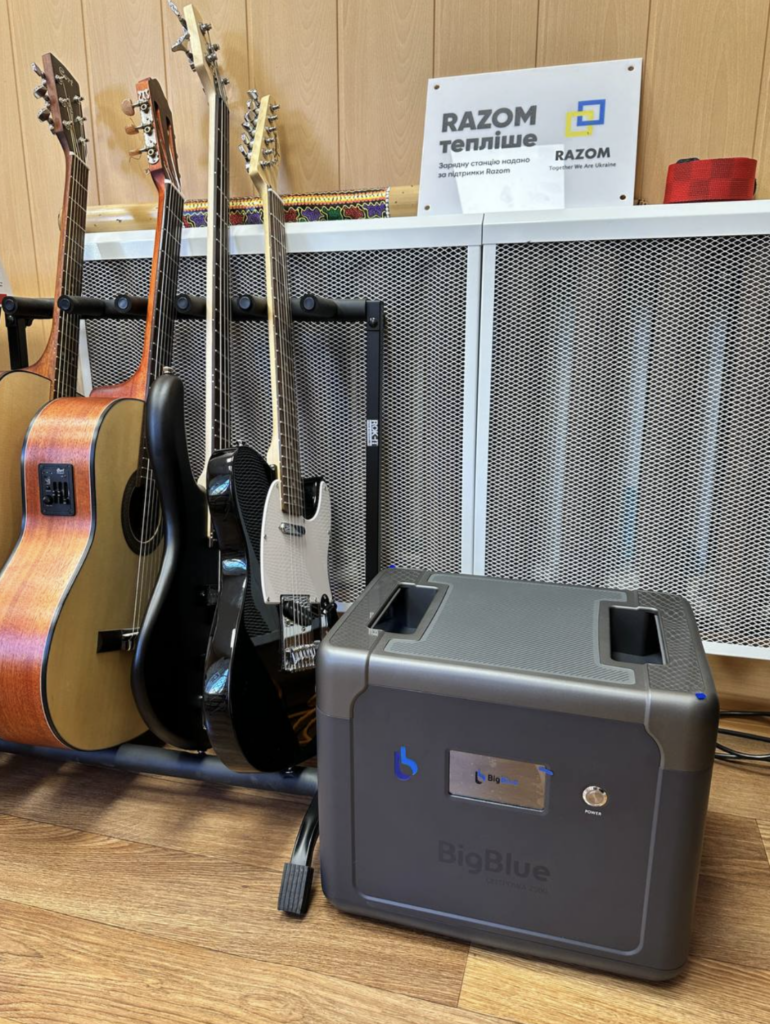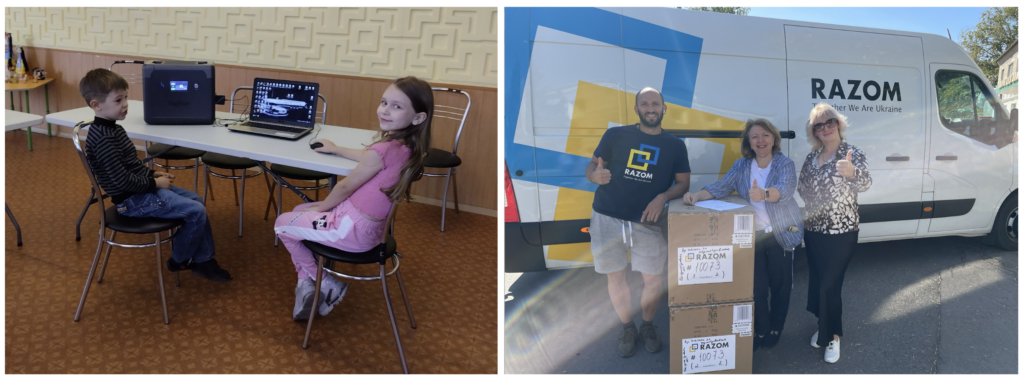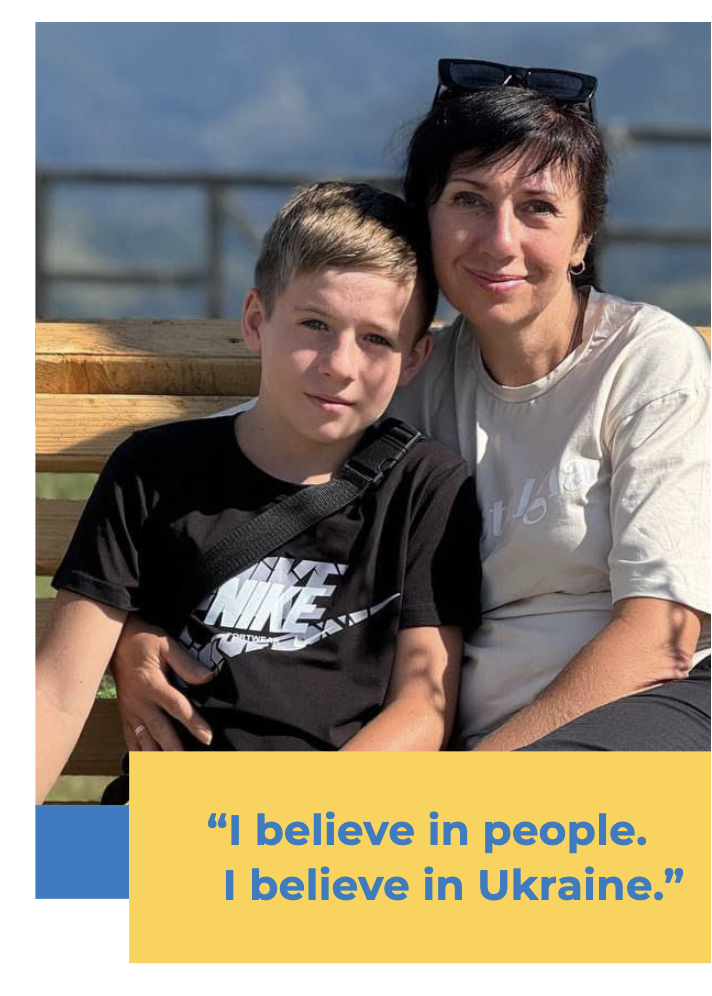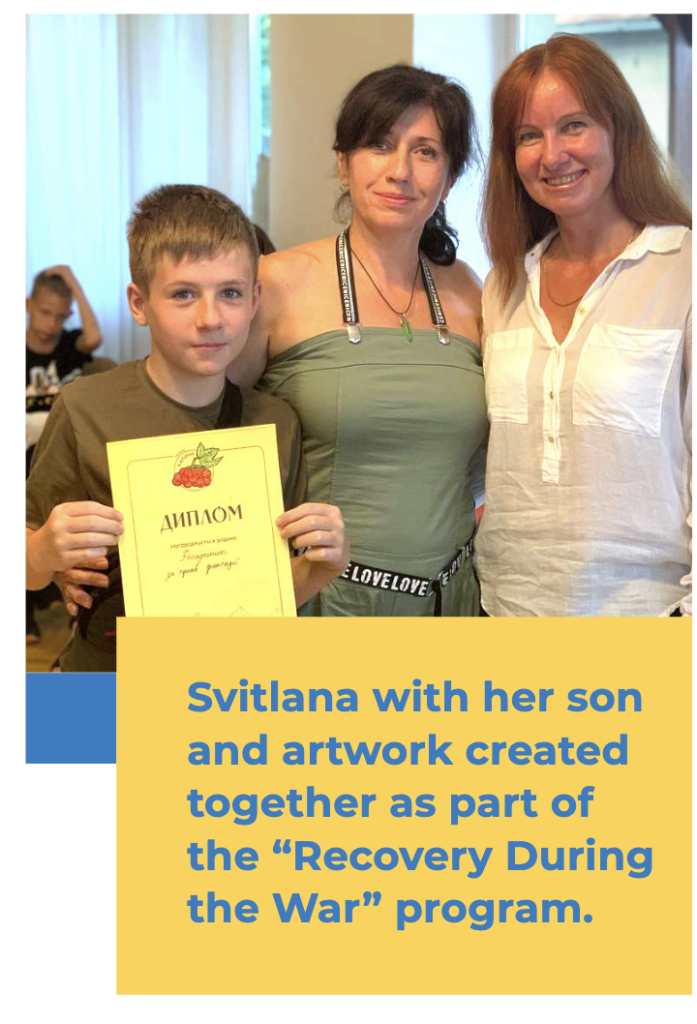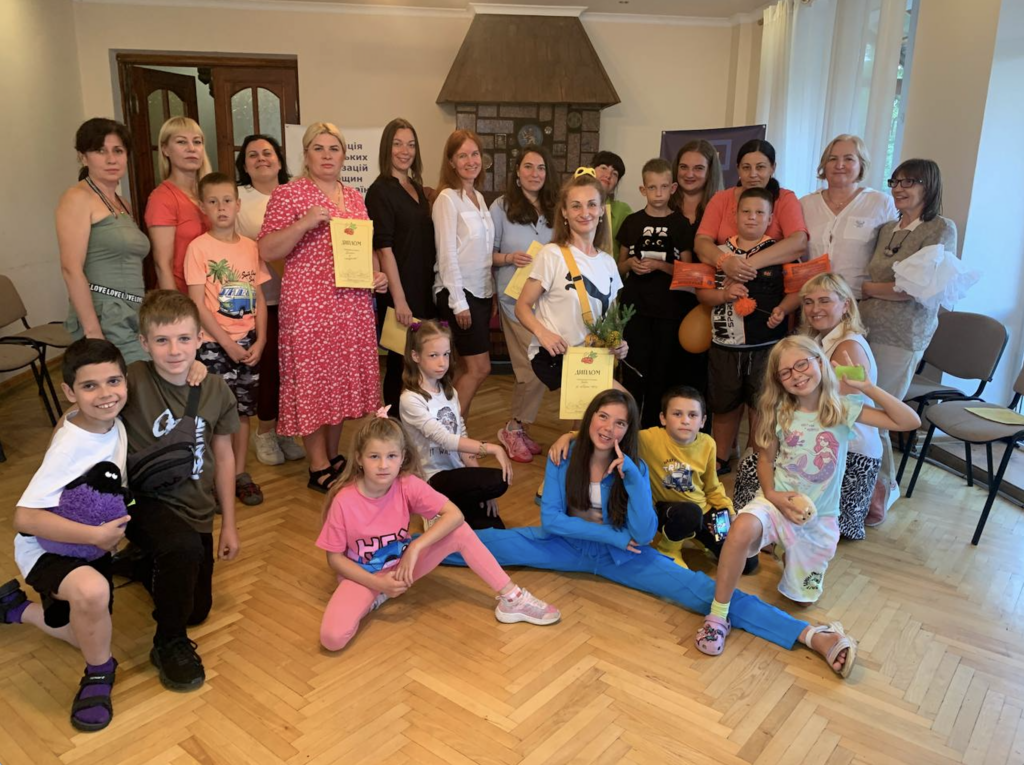The future of Ukraine is being built today – thanks to the energy of young people, their ideas, activity, and readiness to act. Young leaders are able to combine global experience with local needs, turning the initiative of a generation into a driving force for change. It is precisely this belief in youth proactivity that became the foundation of the ImpactUA program – a joint initiative of Razom for Ukraine and Brave Generation. Its goal is to engage students from leading U.S. universities, as well as Ukrainian students studying abroad, in actively contributing to real change in Ukraine – not as observers, but as creators.
For three weeks, program participants immersed themselves in the work of civil society organizations supporting communities affected by the war. They witnessed the daily resilience, ingenuity, and persistence of people keeping the country moving. The program gave students not only practical experience working with Ukrainian NGOs, but also a deeper understanding of the historical, cultural, and social context. Combining academic knowledge with lived experience created a solid foundation for international support of Ukrainian partners.
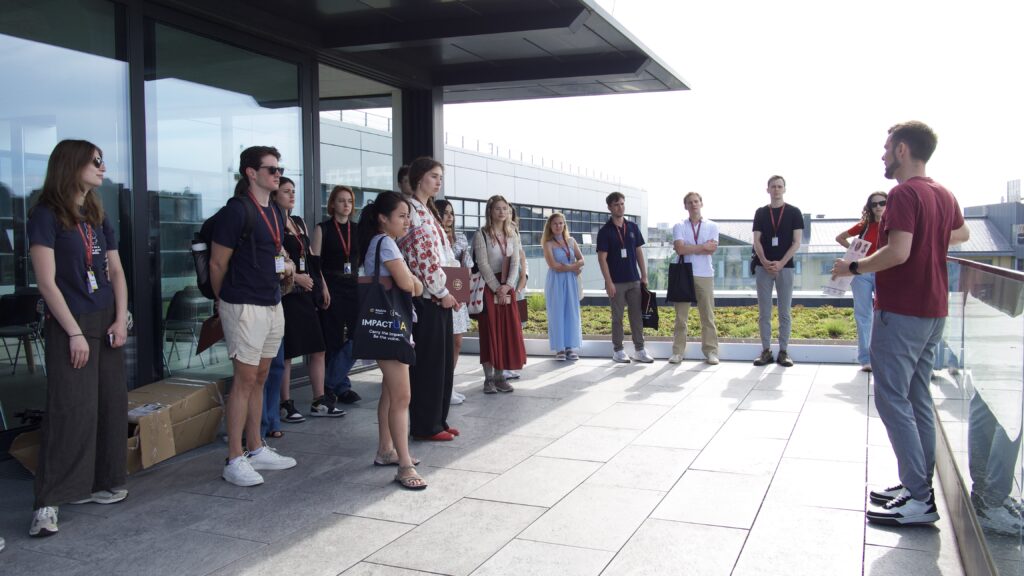
Participants in the program were carefully selected. Active, goal-driven students from top universities worldwide came to Ukraine, representing a range of academic disciplines. This added multidimensionality to the program and strengthened the synergy between international perspectives and local expertise. Impact UA became not only a platform for intercultural exchange, but also a hub for shaping a new generation of young leaders capable of working shoulder to shoulder with Ukrainian communities and creating lasting impact.
Preparation for the internship began even before the students arrived and became the first step of their experience. Online sessions provided opportunities for introductions, psychological support, and discussions of future challenges with leading experts. Marci Shore, a professor of history at Yale University, helped them dive into the cultural and historical context, while Phil Kaplan with Yale Jackson School of Global Affairs shared practical knowledge of international politics and the humanitarian field. Special attention was given to safety: protocols for air raid alarms, rules of conduct, and principles of personal security that allowed participants to feel confident and focus on learning and work.
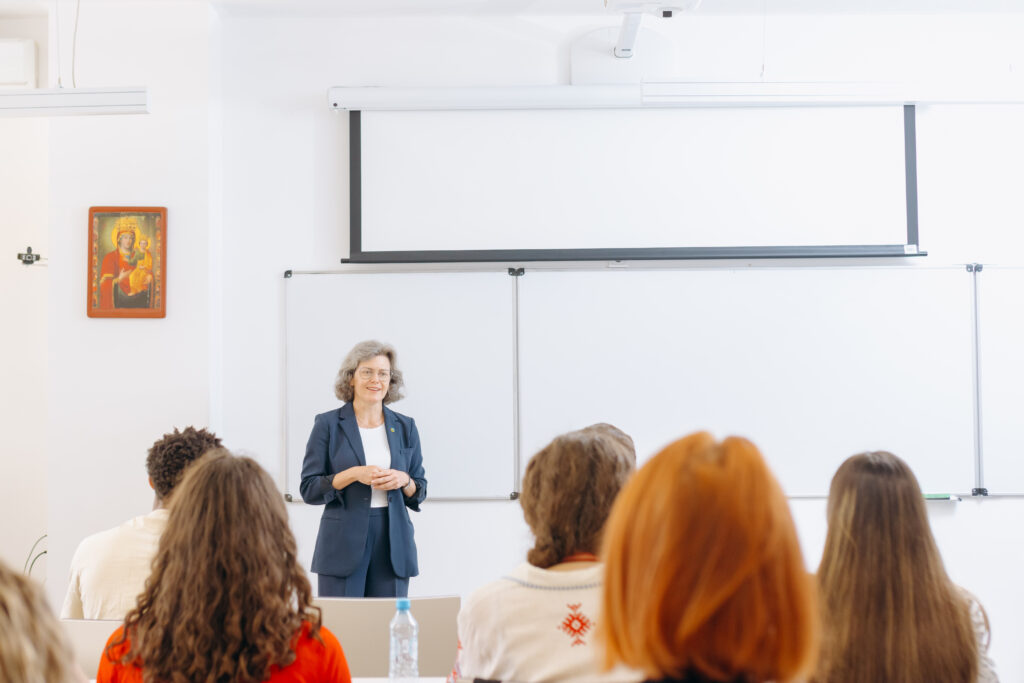
After arriving in Lviv, students entered their first immersion environment – where the multifaceted reality of Ukraine began to reveal itself in all its complexity. The trip, organized by the program team, provided a safe and smooth entry into the new context.
The first days of the internship became an intensive educational experience, where Ukraine’s history, politics, and culture intertwined with personal stories and present realities. An unforgettable moment was meeting Dora Chomiak, co-founder and CEO of Razom for Ukraine. Her story inspired students to recognize their own ability to be creators of change. Subsequent lectures and excursions deepened this understanding: Yaroslav Hrytsak, a professor of Ukrainian history, illuminated complex historical processes; Myroslav Marynovych, Ukrainian educator, human rights activist, and former Soviet dissident, shared his experience in the dissident movement; Yurii Pidlisnyi, a professor of political science, explained the mechanisms of civil society. A later visit to the museum-memorial of victims of occupation regimes offered greater understanding of the struggle for freedom.
A particularly powerful impression was left by the Superhumans Center – a modern rehabilitation center for those injured by the war. There, students learned about approaches to prosthetics and witnessed the scale of social power in action.
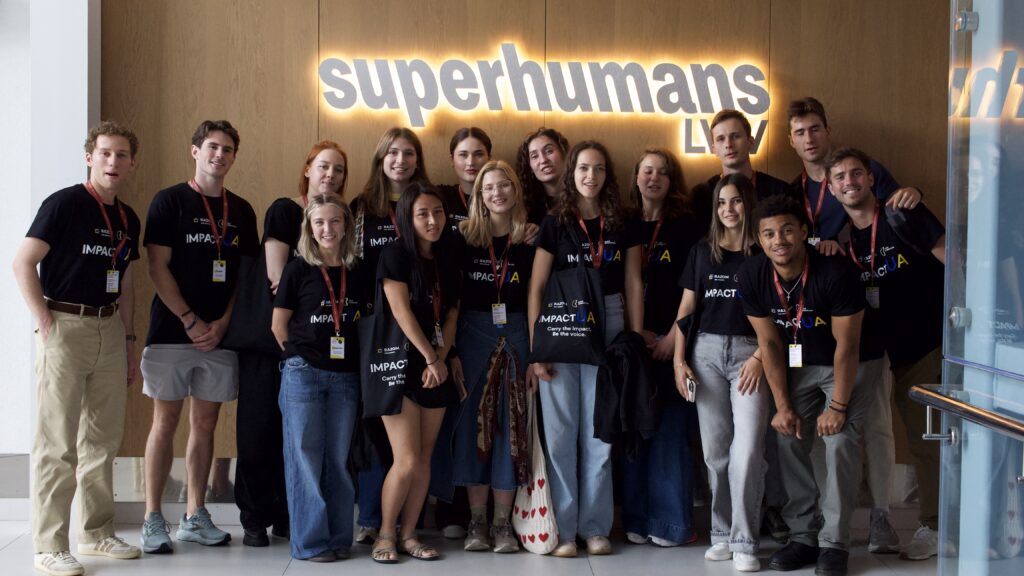
The cultural program of integration days added an emotional dimension: an icon-painting workshop, a barbecue with folk music, conversations about traditions, cooking varenyky and making chocolate – all of this offered a chance to touch living Ukrainian culture and see its relevance today.
The knowledge and skills acquired in the first days became a strong foundation for individual internships in NGOs, matched to each student’s interests. It was an opportunity to try themselves in different roles – from journalism and working with veterans to IT, fundraising, or managing social media.
For many, this became a defining moment in their professional lives. “My internship confirmed: I want to become a psychologist,” shared Anastasiia Shulhan, who worked with the NGO Ridni. She attended a workshop for psychologists on complex topics related to children and foster families – and, for the first time, felt she was exactly where she belonged.
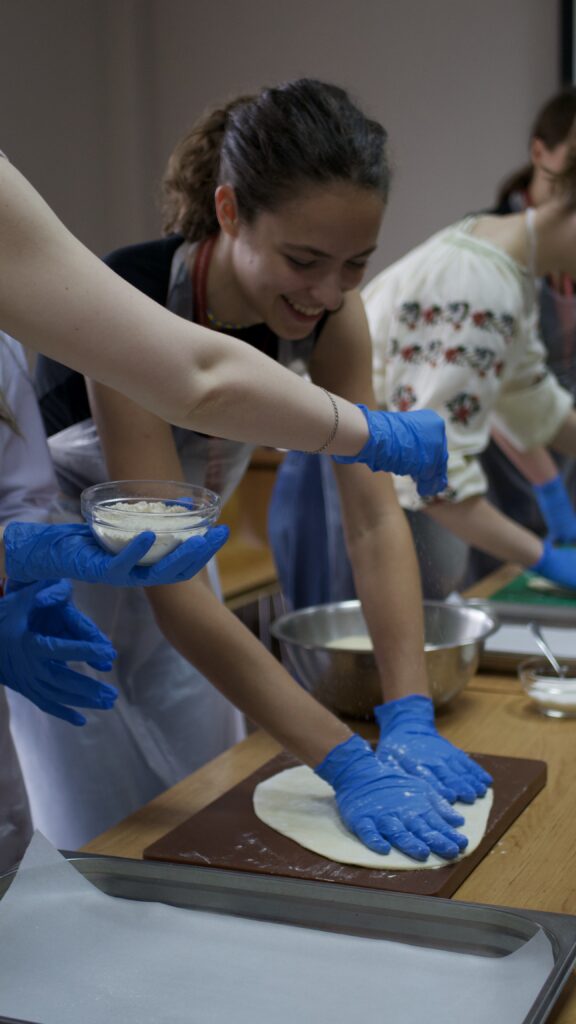
Many others had similar revelations. Evelina Benderska, who had previously studied trauma in an academic context, noted: “This experience deepened my academic and professional interests. Now I want to study even more deeply how trauma affects Ukrainian society.”
After the program ended, some participants stayed in Ukraine to immerse themselves further in the country’s life, while others continue supporting Ukraine from abroad. One student, Aiden Stretch, decided to spend the next year in Ukraine, working as a journalist and reporting on the war for the American audience.
Impact UA became more than an internship – it was a transformative experience. The program showed that rebuilding a country begins not only with global projects or government decisions, but with simple human connections. These ties allowed students to experience Ukraine not at a distance, but up close – and to become its voice in the world. As one participant, Kristofers Krumins, said:
“This experience reminded me of something very simple but incredibly important: politics, international relations, even war – it’s all about people. When you have personal contacts in Ukraine, when you hear their stories – your perception inevitably changes. Reading the morning news about drones and missiles feels very different when you know people who have to fall asleep under shelling every night.”
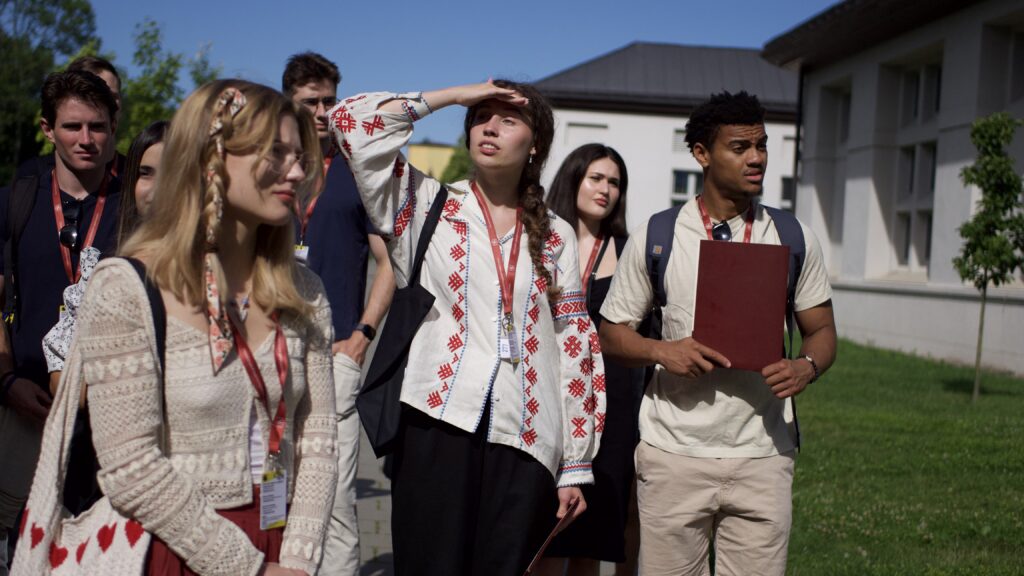
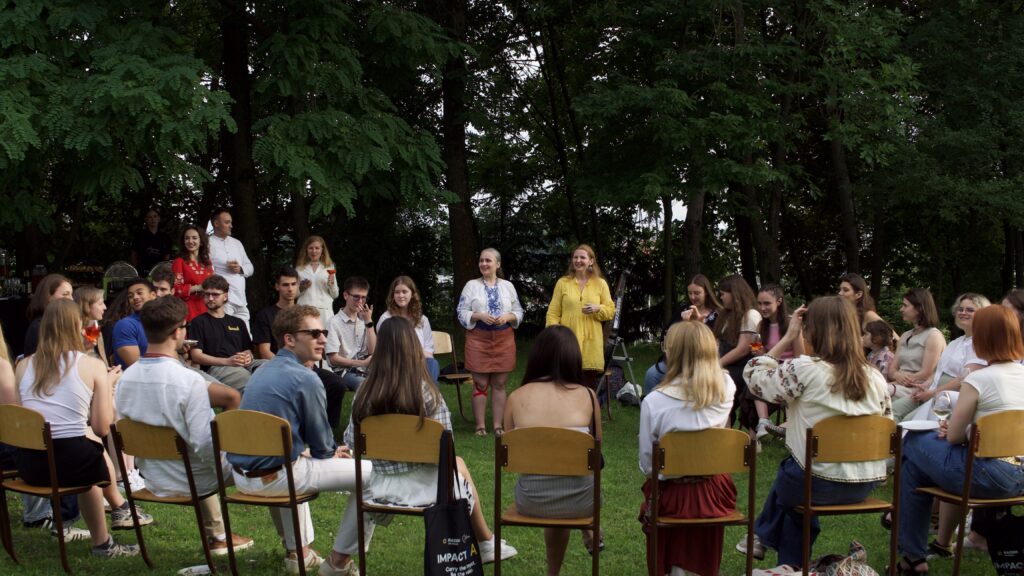
This project proved a simple but powerful truth: Ukraine is not only a country demonstrating resilience in war. It is a country actively creating its future. Here, a new generation of leaders from around the world is emerging – those who do not just observe, but act alongside Ukrainians, learning and changing the world together with us.
